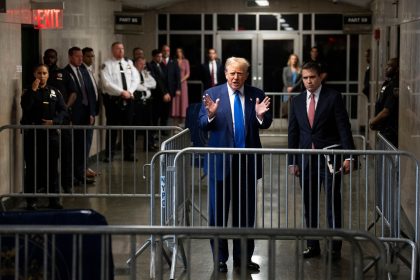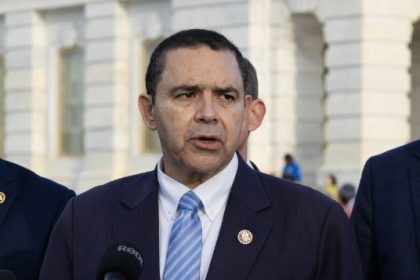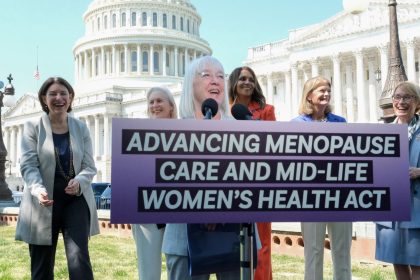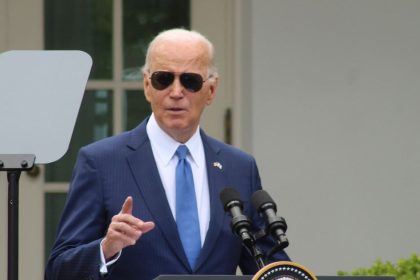World Bank Downgrades Forecast for Global Economy

The global economy has slowed to its lowest pace in three years, the World Bank said Tuesday, attributing the sluggishness to trade disputes, a slowdown in international investment and unexpectedly soft growth in Europe and other large economies.
As a result, the bank, whose main mission is to reduce poverty around the world, lowered its expectations for the world economy for the remainder of the year.
In January the World Bank said it expected the global economy to expand at a rate of 2.9 percent. On Tuesday, it lowered its sites to 2.6 percent.
“It is urgent that countries make significant structural reforms that improve the business climate and attract investment,” said David Malpass, president of the World Bank Group in a written statement accompanying the report.
“They also need to make debt management and transparency a high priority so that new debt adds to growth and investment,” he said.
The bank’s analysis, “Global Economic Prospects: Heightened Tensions, Subdued Investment,” said that while the slowdown is on track to stabilize, mostly due to growth in developing nations, the momentum of world economic growth is “fragile and subject to substantial risks.”
Those risks include a further escalation of trade disputes between the world’s largest economics, unanticipated financial turmoil in emerging economies, and a slackening of growth among economies who are currently keeping their heads just above water.
“We are not pushing the panic button yet,” said Ayhan Kose, a World Bank economist, in an interview with the Associated Press. “But we are sending a message” of a possibly deeper slowdown if trade hostilities persist.
“This is high time for policymakers to find ways to resolve their differences,” Kose said.
The World Bank report came out just ahead of high-level, face-to-face talks between the U.S. and Mexico Wednesday over President Donald Trump’s threatened tariffs on Mexican goods flowing into the United States.
The first tariffs — 5% taxes on imports from Mexico — are to go into effect next Monday barring an agreement.
The White House has said Mexico can prevent the tariffs by securing its southern border with Guatemala, cracking down on criminal smuggling organizations and entering into a “safe third country agreement” that would make it difficult for those who enter Mexico from other countries to claim asylum in the U.S.
So far, however, the United States has yet to propose any benchmarks to assess whether whatever steps Mexico ultimately decides to take are fulfilling their objective.
Trump sees being tough on immigration, and by extension, Mexico, as crucial to his 2020 re-election campaign.
But in a press conference Wednesday House Speaker Nancy Pelosi, D-Calif., warned that the proposed tariffs, which could eventually rise to 25 percent, are simply wrong-headed.
“In punishing Mexico, we’ll be punishing America instead,” Pelosi said.
After initially referring to the tariffs as “bad policy,” the speaker reversed herself, saying “I don’t even think it rises to the level of policy, I think it’s notion mongering, again.”
Pelosi also noted the growing desire among Senate Republicans to block the tariffs.
The speaker went on to say she thinks there are currently enough votes in the Senate to override a presidential veto of a resolution disapproving of the tariffs on Mexican goods.
The World Bank downgraded every major region of the world, though it kept its 2019 forecast for U.S. growth at 2.5%.
In the 19 countries that use the euro currency, growth is forecast to slow to 1.2%, down from 1.8% last year and the 1.6% the World Bank expected in January.
Slowed by the Trump administration’s trade war with China, global trade is expected to expand just 2.6% this year, the weakest pace since the 2008 financial crisis.
The Trump administration and Beijing have imposed tariffs on hundreds of billions of dollars of each other’s imports in a clash over China’s aggressive drive to overtake American technological dominance.
China, the world’s second-largest economy after the United States, is forecast to grow 6.2%, which would be its weakest performance since 1990, the World Bank said.
Before the Chinese government introduced several economic growth reforms in 1979, the average annual real GDP growth rate in China for the preceding two decades was estimated at 5.3% by the Congressional Research Service.
Since then it has experienced some steep ups and downs. According to statistics compiled by the World Bank and the International Monetary Fund, China’s GDP growth rate reached its all-time low in the fall of 1990, when it was 3.8 percent, and it reached its all time high just three years later when it was 15.40 percent.
Overall, since 1989, China’s economy has grown at an average annual rate of 9.52 percent.























